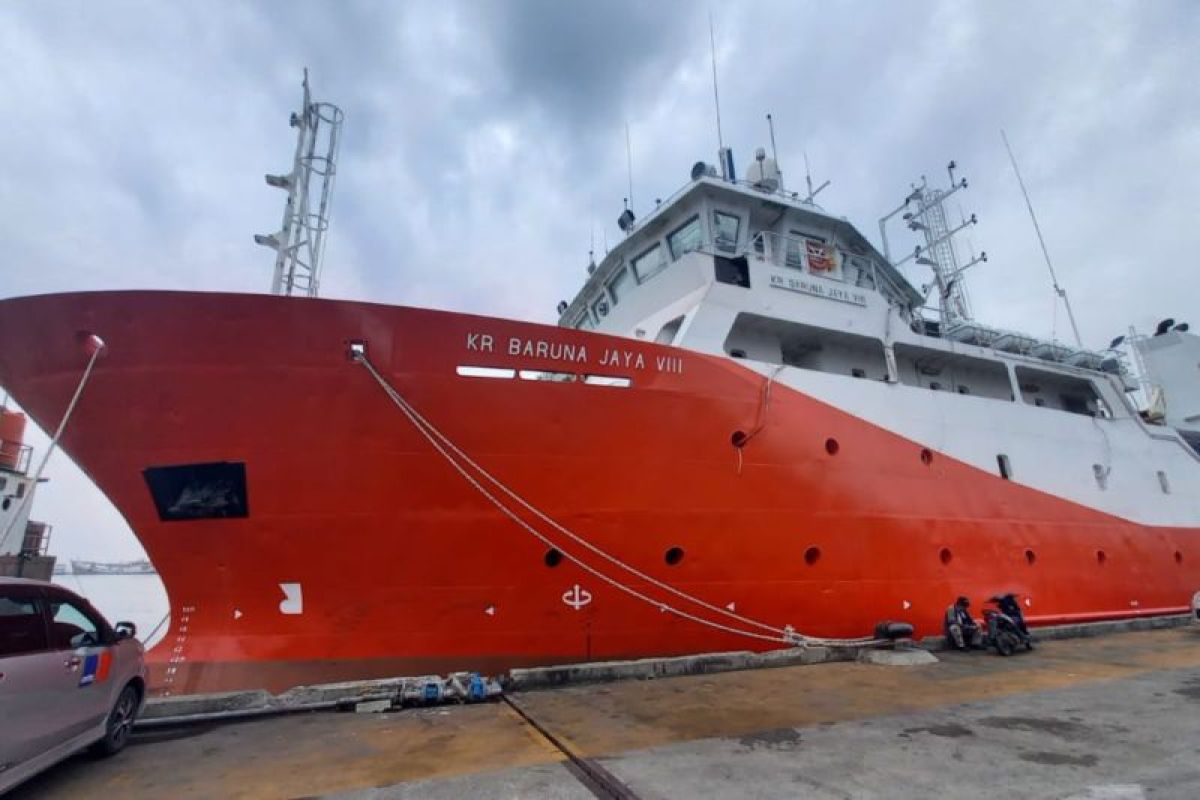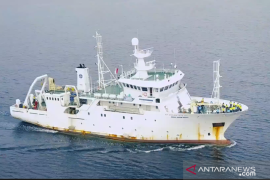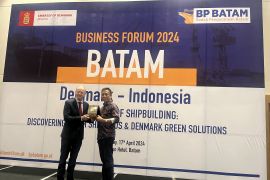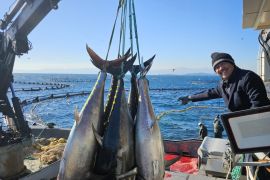“More than 85 percent of the ocean is yet to be explored. In fact, this area holds great potential as a source of oxygen and food,” said Intan Suci Nurhati, Head of BRIN's Deep-Sea Research Center, in Jakarta on Saturday.
She stated that most of Indonesia's deep seas are situated in the eastern region, such as the Banda Sea, which includes the Weber Trench, with a depth of up to 7,440 meters and a width of 150 kilometers.
Nurhati highlighted that deep-sea research poses challenges besides requiring sophisticated equipment. Submarines and submersibles are examples of crucial aspects necessary for conducting research in the deep sea.
She expressed hope that marine research efforts would lead to important discoveries and the sustainable utilization of marine resources, contributing to Indonesia's self-sufficiency.
“Deep-sea research requires adequate support and funding to ensure effective and successful research,” she remarked.
Nining Setyowati Dwi Andayani, Secretary of Deputy for Science and Technology Human Resources at BRIN, stated that 70 percent of human resources supported by BRIN are focused on deep-sea and maritime research.
She emphasized the importance of excellent human resources in fostering brilliant innovations.
“This is vital, considering Indonesia's geographic conditions and the potential resources it has in the biological, space, maritime, deep-sea, and nuclear fields,” she pointed out.
One of BRIN's policies in supporting research activities is opening platforms that go beyond human resources alone, she said.
The step involves increasing the budget for human resources and research infrastructure, including deep-sea and maritime research.
“This policy aims to increase the number of Indonesian researchers and unify the components of human resources, budget, and infrastructure, so that they can be integrated and processed together,” she explained.
Related news: BRIN studies local plant genetics for food diversification: Official
Related news: BRIN carries out weather modification to prevent forest fires
Translator: Sugiharto Purnama, Raka Adji
Editor: Anton Santoso
Copyright © ANTARA 2023












